
The Washington state capitol building in Olympia.
Lawmakers in Indiana and Washington are evaluating proposals that would shift end-of-life packaging management responsibilities from municipalities to product producers.
 Colin Staub was a reporter and associate editor at Resource Recycling until August 2025.
Colin Staub was a reporter and associate editor at Resource Recycling until August 2025.
The Washington state capitol building in Olympia.
Lawmakers in Indiana and Washington are evaluating proposals that would shift end-of-life packaging management responsibilities from municipalities to product producers.
 Recycled film consumer Trex saw its net income climb by more than 40 percent last year, boosted by ample availability of scrap PE.
Recycled film consumer Trex saw its net income climb by more than 40 percent last year, boosted by ample availability of scrap PE.
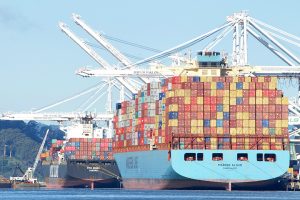 U.S. trade figures for November 2018 were released last week, and they indicate significant year-over-year declines in tonnages of plastics shipped out of the country.
U.S. trade figures for November 2018 were released last week, and they indicate significant year-over-year declines in tonnages of plastics shipped out of the country.
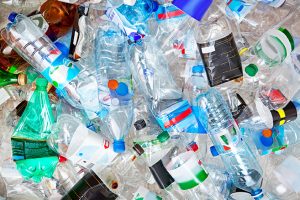 Recycling stakeholders are pushing back against a container deposit expansion proposal in New York state, saying it will injure recycling programs when they’re already struggling with a down market.
Recycling stakeholders are pushing back against a container deposit expansion proposal in New York state, saying it will injure recycling programs when they’re already struggling with a down market.

Jim Fish, CEO of Waste Management, speaks at the company’s annual sustainability forum.
Recovered plastic buyers and a relationship with major U.S. reclaimer KW Plastics have helped Waste Management through recent market troubles. The hauler has even made equipment upgrades specifically to meet that demand.
 Plastics recycling was highlighted in multiple discussions and announcements at the World Economic Forum last week.
Plastics recycling was highlighted in multiple discussions and announcements at the World Economic Forum last week.
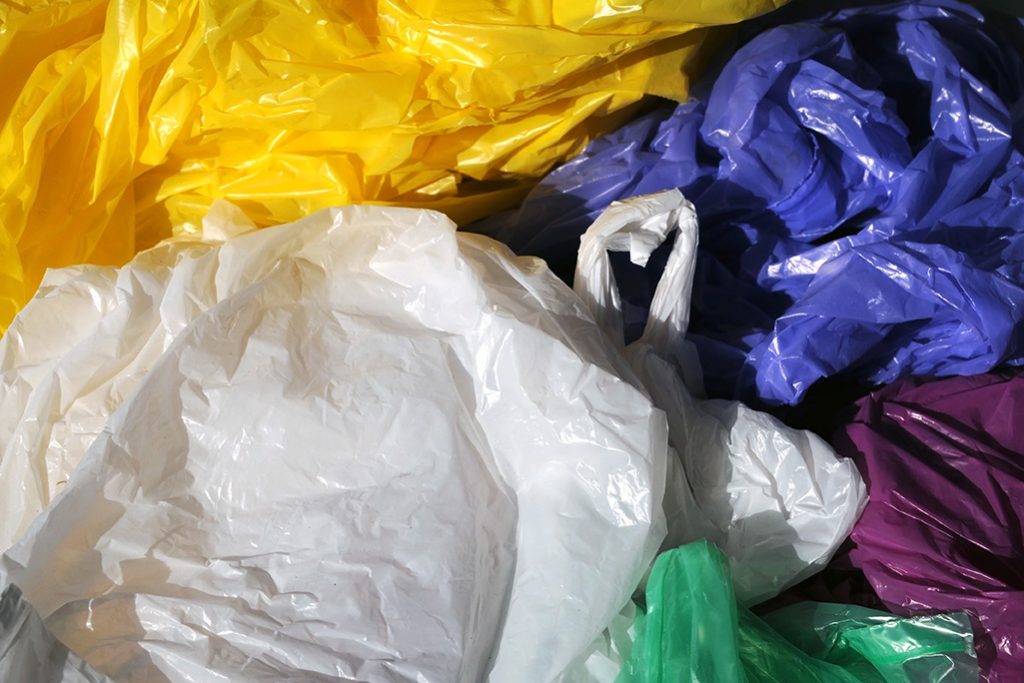 A statewide campaign will seek to increase plastic film recovery throughout Florida.
A statewide campaign will seek to increase plastic film recovery throughout Florida.
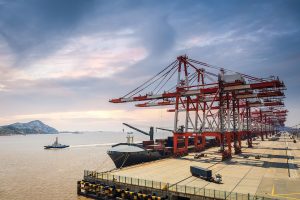 Year-end customs figures from the Chinese government quantify the country’s overwhelming decrease in recycled plastic purchases in the first year of new import restrictions.
Year-end customs figures from the Chinese government quantify the country’s overwhelming decrease in recycled plastic purchases in the first year of new import restrictions.
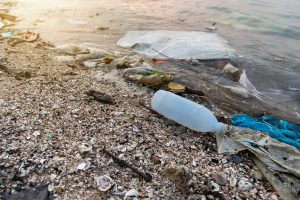 Resin and packaging giants last week committed $1 billion over the next five years to “end plastic waste.” While recycling and sustainability stakeholders say they are encouraged by the effort, they also want to ensure materials recovery remains part of the solution.
Resin and packaging giants last week committed $1 billion over the next five years to “end plastic waste.” While recycling and sustainability stakeholders say they are encouraged by the effort, they also want to ensure materials recovery remains part of the solution.
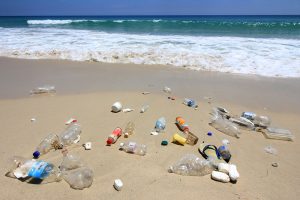
Companies from throughout the plastics value chain have committed more than $1 billion to reduce plastic waste by improving waste management systems and cleaning up existing pollution.

